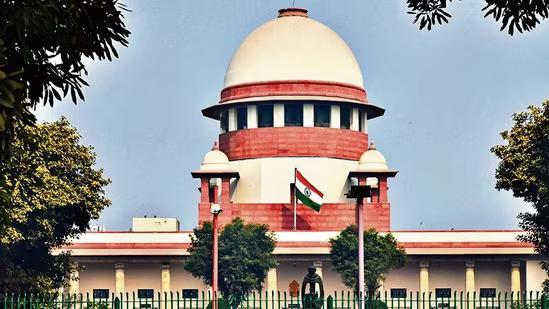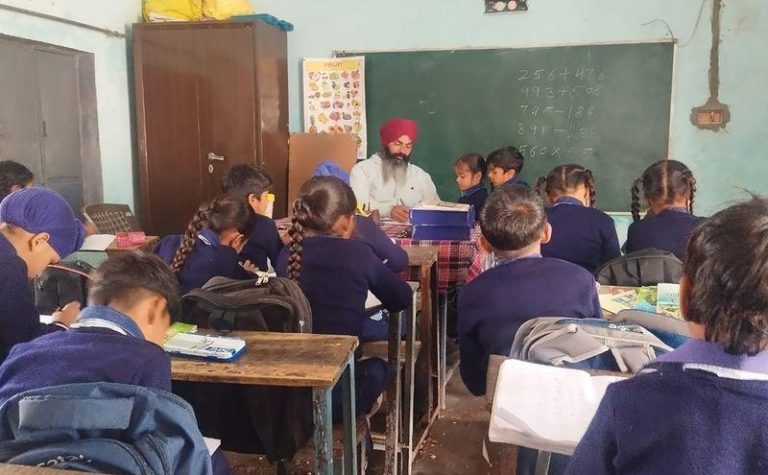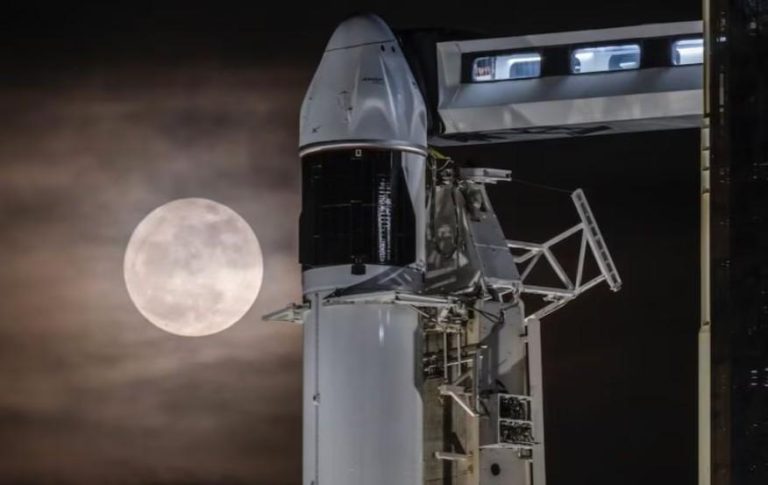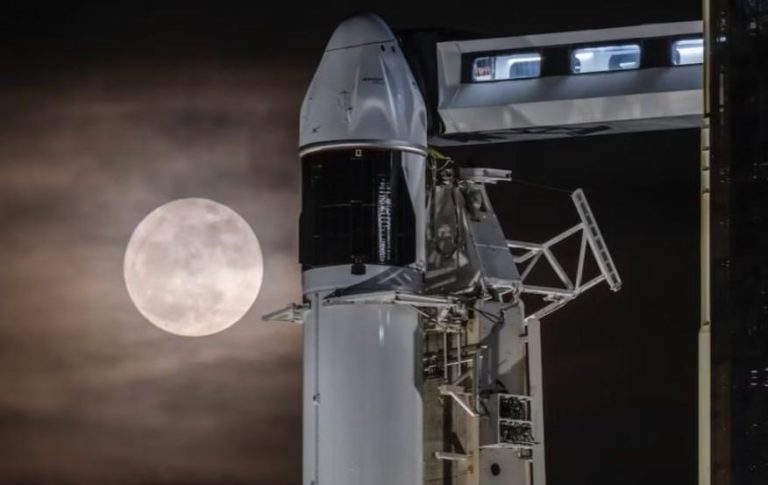
No Action Against Owners of 10 & 15-yr-old Diesel & Petrol Vehicles for 4 Weeks: SC
In a significant move, the Supreme Court has ordered that no “coercive” action will be taken against the owners of over 10-year-old diesel and 15-year-old petrol vehicles in Delhi for a period of four weeks. This decision was passed in response to an application filed by the Delhi government, which challenged the ban on these vehicles as a pollution control measure in the capital.
The Delhi government had approached the Supreme Court seeking a stay on the ban imposed by the National Green Tribunal (NGT) on the operation of 10-year-old diesel vehicles and 15-year-old petrol vehicles in the city. The NGT had imposed the ban in an effort to reduce air pollution in Delhi, which has been a major concern for the city’s residents in recent years.
The ban had been imposed in accordance with the Supreme Court’s earlier order, which directed the Delhi government to take measures to reduce air pollution in the city. The NGT had been set up by the Supreme Court to deal with environmental issues, including air pollution.
The Delhi government had argued that the ban was not feasible and would cause hardship to the people, particularly those who rely on these vehicles for their livelihood. The government had also pointed out that the ban would lead to a shortage of public transport, which would further exacerbate the problem of air pollution.
The Supreme Court has now ordered that no coercive action will be taken against the owners of these vehicles for a period of four weeks. This means that the owners of these vehicles will not be penalized or prosecuted for operating their vehicles during this period.
However, the Supreme Court has also made it clear that the ban will continue to remain in place after the four-week period, and the owners of these vehicles will need to take alternative measures to comply with the ban. The court has directed the Delhi government to provide alternative public transport services to ensure that the people of Delhi are not affected by the ban.
The Supreme Court’s order has been welcomed by environmental activists, who have been pushing for measures to reduce air pollution in Delhi. They have argued that the ban is necessary to reduce the number of polluting vehicles on the roads and to improve the air quality in the city.
On the other hand, the owners of these vehicles have expressed dismay at the decision, saying that it will cause hardship to them and their families. They have argued that the ban is unfair and that the government should provide alternative public transport services to alleviate the problem.
The Supreme Court’s order is a significant development in the ongoing efforts to reduce air pollution in Delhi. The city has been struggling to come to terms with the issue of air pollution, which has been a major concern for its residents in recent years.
Air pollution is a major problem in Delhi, and it has been linked to a range of health problems, including respiratory diseases and heart problems. The city’s air quality is often in violation of national and international standards, and it is considered one of the most polluted cities in the world.
The Supreme Court’s order is a recognition of the need to take urgent action to reduce air pollution in Delhi. The court has directed the Delhi government to take measures to reduce air pollution, including the implementation of the ban on polluting vehicles.
The Delhi government has been working to reduce air pollution in the city, and it has implemented a range of measures to improve air quality. These measures include the implementation of the ban on polluting vehicles, the promotion of electric vehicles, and the improvement of public transport services.
The Supreme Court’s order is a significant development in the ongoing efforts to reduce air pollution in Delhi. It is a recognition of the need to take urgent action to reduce air pollution, and it is a step towards creating a cleaner and healthier environment for the people of Delhi.






